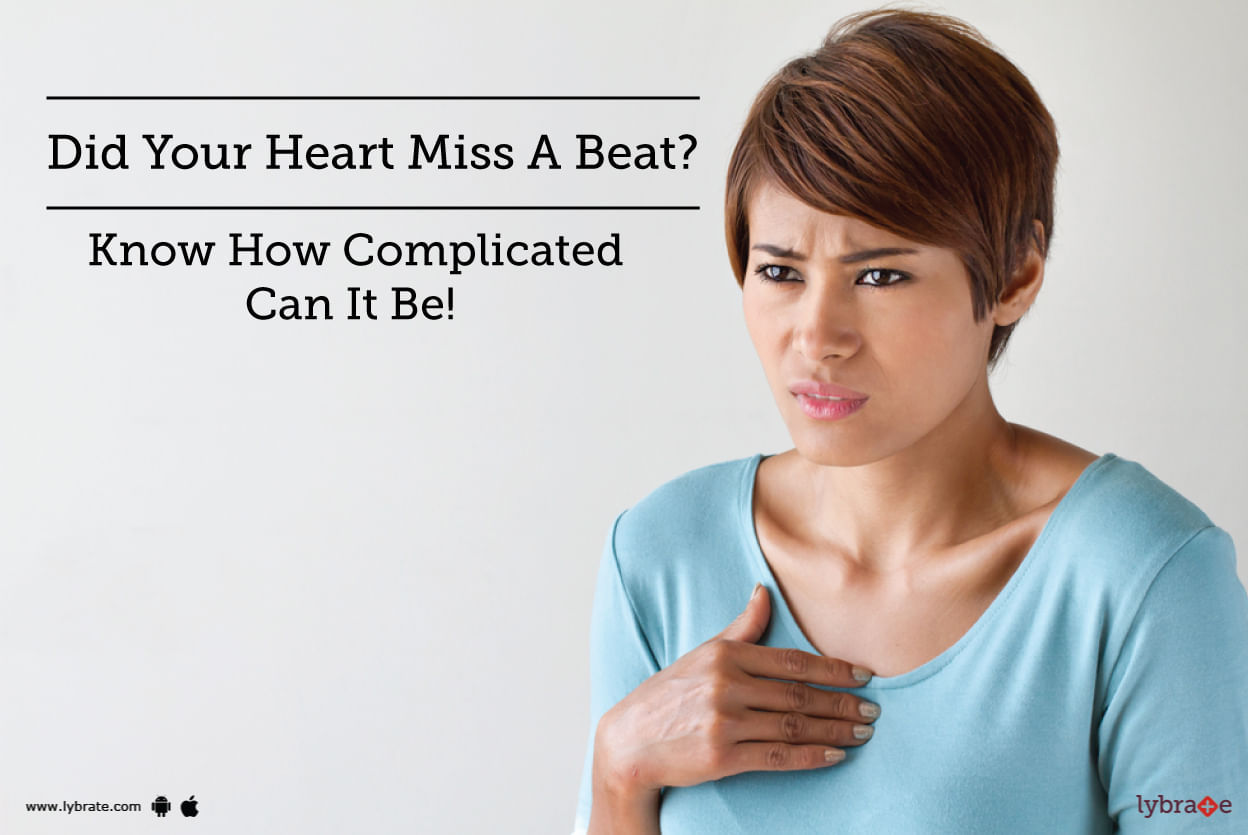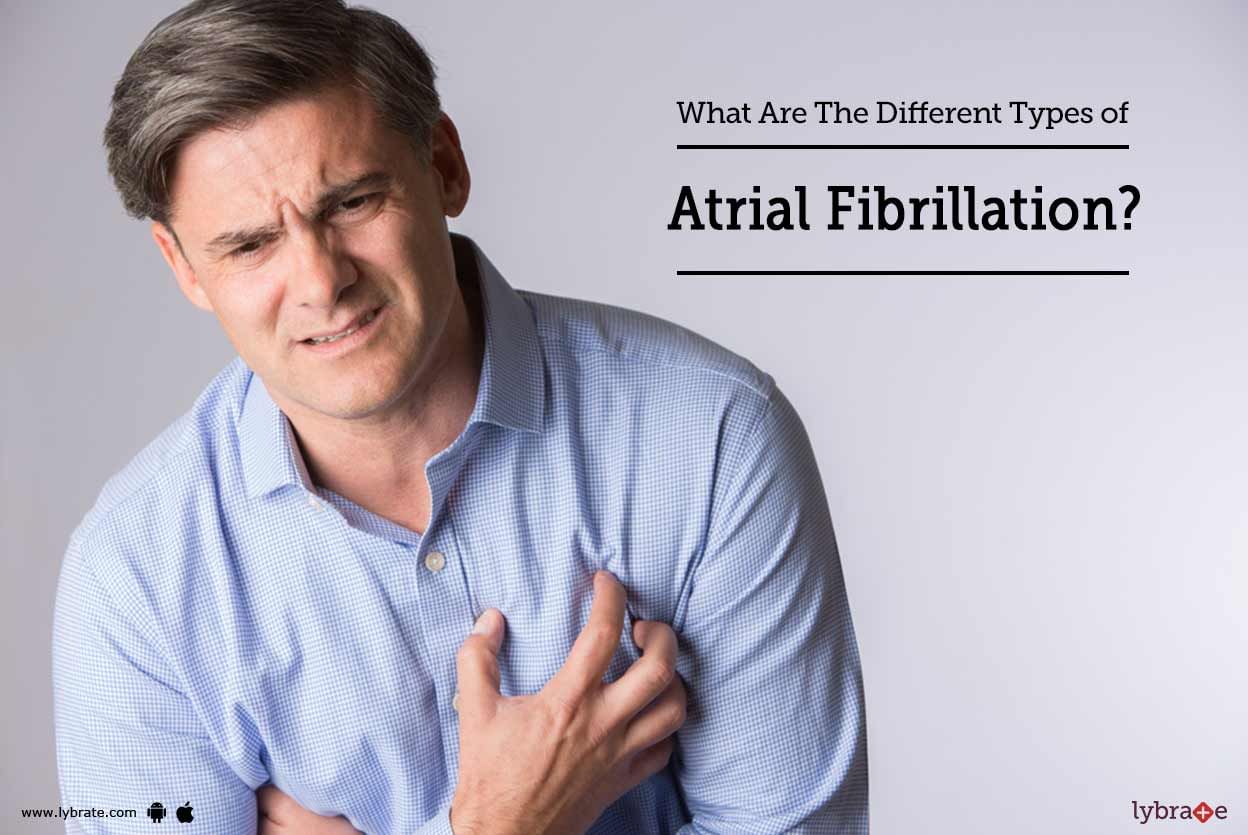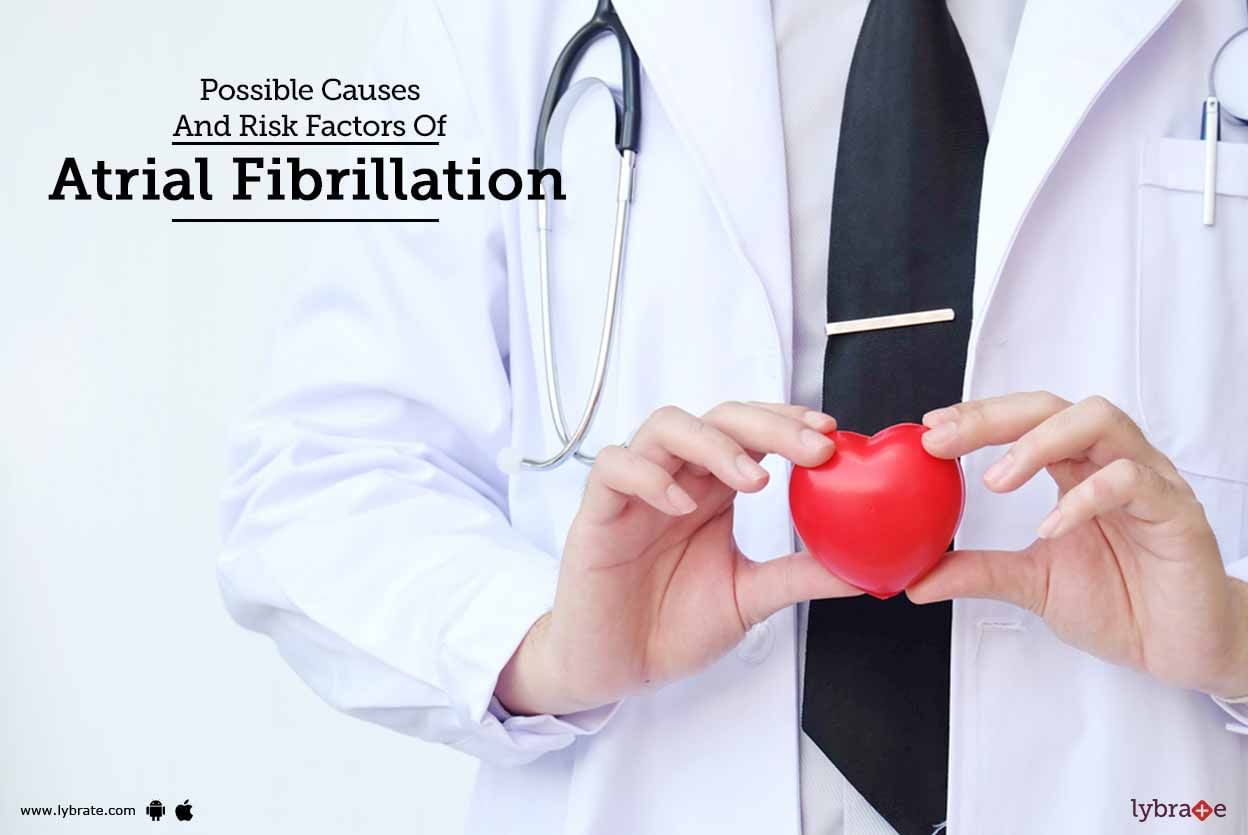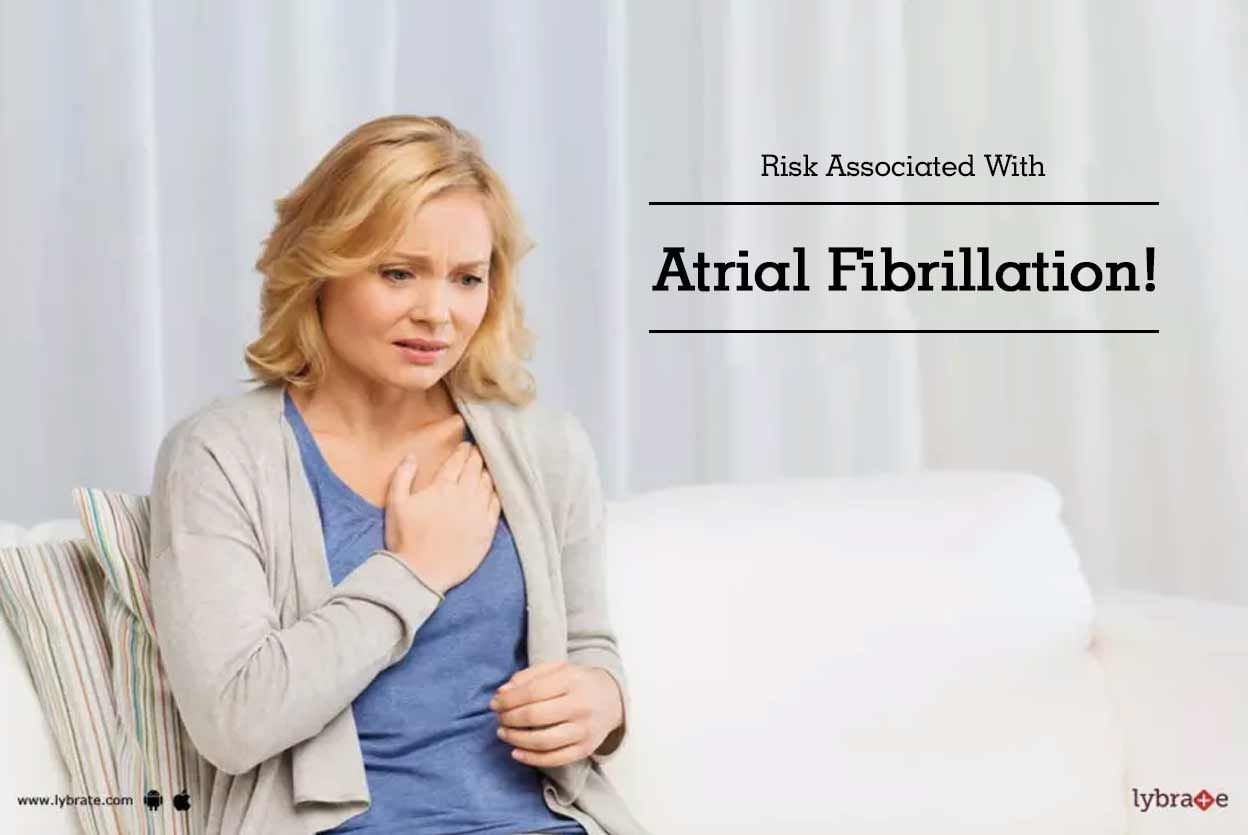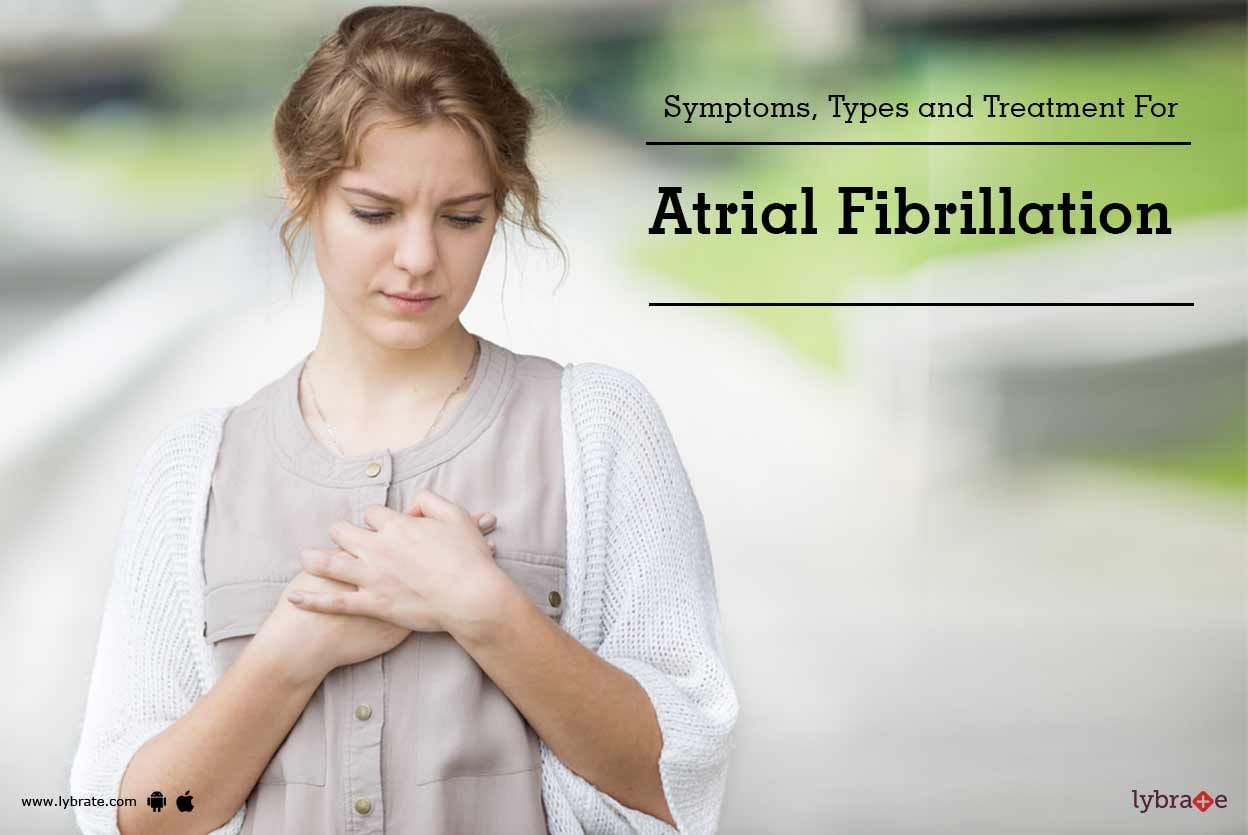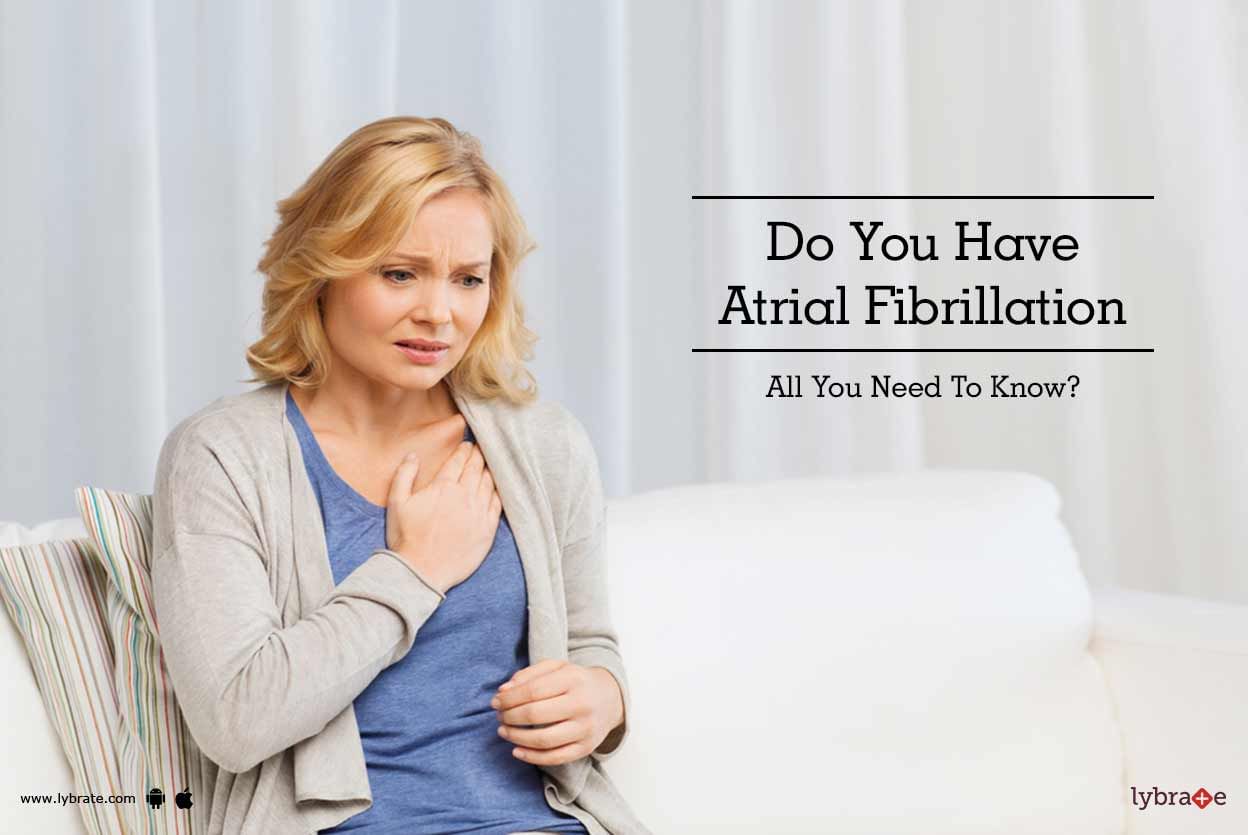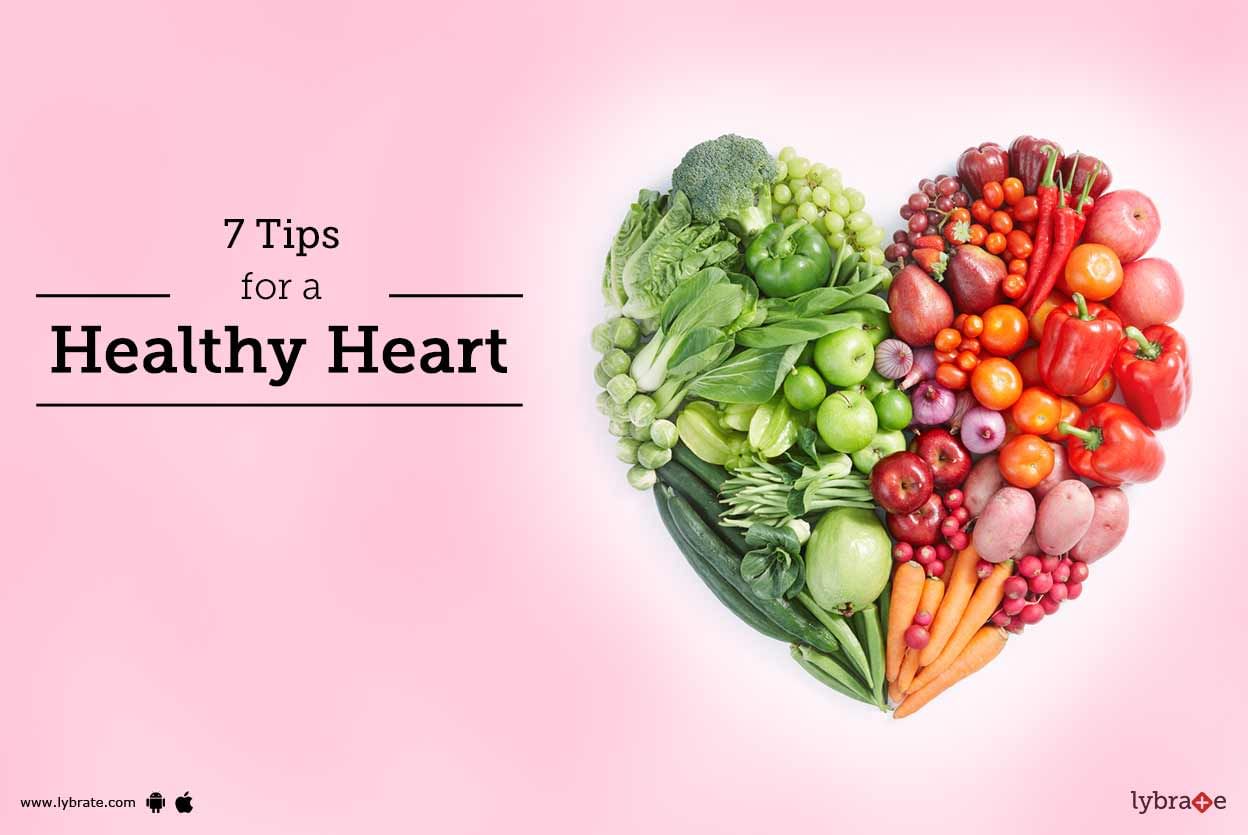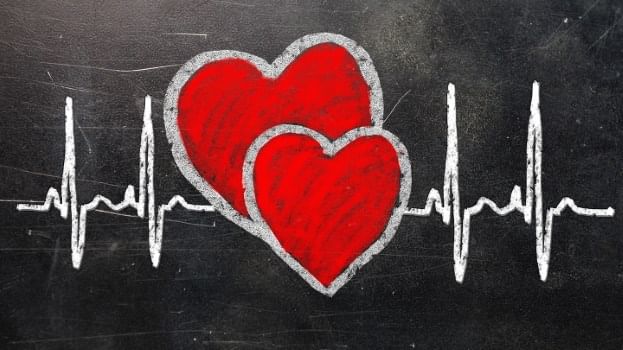Get the App
For Doctors
Login/Sign-up
About
Health Feed
Find Doctors
Health Packages
AllQ&AsTips
Atrial Fibrillation Tips
Last Updated: 6 years ago• Featured Tip
Share
Bookmark
Report
We all know about the heartbeat, which is produced by the opening and closing of the valves in the heart, which in turn controls our blood flow. There is a regular pattern to this beat, and when, due to various reasons, it becomes irregular, it is known as arrhythmia. Atrial fibrillation, known shortly as AFib, is one of the common types of arrhythmia.
Why AFib: The heart has an electrical impulse system, which controls the opening/closing of its valves. Due to various changes, be it li...more
Why AFib: The heart has an electrical impulse system, which controls the opening/closing of its valves. Due to various changes, be it li...more
Last Updated: 6 years ago• Featured Tip
Share
Bookmark
Report
As the nomenclature appears to indicate, Arrhythmia is a condition where the heartbeat of the affected person does not conform to the rhythm it is designed for. But there are cases of Arrhythmia where the normal heartbeat is available as well. The underlying causes of the condition can be many, including a disorder in the coronary artery and the person having suffered a heart attack or undergone heart surgery. The irregular heartbeat is medically referred to as fibrillation.
The fact is...more
The fact is...more
Last Updated: 7 years ago• Featured Tip
Share
Bookmark
Report
Formation of blood clots in the arteries of the lungs, heart or legs can actually kill a person. In such a case, the immediate medical action is necessary and the only way to deal with blood clots is thrombolysis.
Thrombolysis or thrombolytic therapy is a medical process that dissolves blood clots and facilitates blood flow to all parts of the body. Thus, it protects tissues and muscles from damage.
What are the causes of blood clots in the body?
Poor blood circulationmore
Thrombolysis or thrombolytic therapy is a medical process that dissolves blood clots and facilitates blood flow to all parts of the body. Thus, it protects tissues and muscles from damage.
What are the causes of blood clots in the body?
Poor blood circulation
Last Updated: 7 years ago• Featured Tip
Share
Bookmark
Report
Atrial fibrillation is a condition that results in rapid heartbeat leading to heart failure, stroke, and other cardiac complications. In this condition, the upper valves of the heart beat irregularly. Some of the common symptoms of this condition include weakness, heart palpitations and shortness of breath. There could be several episodes of Atrial fibrillation. Although it is not life threatening, there could be serious complications owing to the nature of the condition. Atrial fibrillation can...more
Last Updated: 7 years ago• Featured Tip
Share
Bookmark
Report
M.Ch - Cardio Thoracic Surgery, MS - Gen...read more
Cardiologist•Jalandhar
Atrial fibrillation is a condition that results in rapid heartbeat leading to heart failure, stroke, and other cardiac complications. In this condition, the upper valves of the heart beat irregularly. Some of the common symptoms of this condition include weakness, heart palpitations and shortness of breath. There could be several episodes of Atrial fibrillation. Although it is not life threatening, there could be serious complications owing to the nature of the condition. Atrial fibrillation can...more
Last Updated: 7 years ago• Featured Tip
Share
Bookmark
Report
Atrial fibrillation is a condition that results in rapid heartbeat leading to heart failure, stroke, and other cardiac complications. In this condition, the upper valves of the heart beat irregularly. Some of the common symptoms of this condition include weakness, heart palpitations and shortness of breath. There could be several episodes of Atrial fibrillation. Although it is not life threatening, there could be serious complications owing to the nature of the condition. Atrial fibrillation can...more
Last Updated: 8 years ago• Featured Tip
Share
Bookmark
Report
We all know about the heartbeat, which is produced by the opening and closing of the valves in the heart, which in turn controls our blood flow. There is a regular pattern to this beat, and when, due to various reasons, it becomes irregular, it is known as arrhythmia. Atrial fibrillation, known shortly as AFib, is one of the common types of arrhythmia.
Why AFib: The heart has an electrical impulse system, which controls the opening/closing of its valves. Due to various changes, be it li...more
Why AFib: The heart has an electrical impulse system, which controls the opening/closing of its valves. Due to various changes, be it li...more
Last Updated: 8 years ago• Featured Tip
Share
Bookmark
Report
Atrial fibrillation is a condition that results in rapid heartbeat leading to heart failure, stroke, and other cardiac complications. In this condition, the upper valves of the heart beat irregularly. Some of the common symptoms of this condition include weakness, heart palpitations and shortness of breath. There could be several episodes of Atrial fibrillation. Although it is not life threatening, there could be serious complications owing to the nature of the condition. Atrial fibrillation can...more
Last Updated: 9 years ago• Featured Tip
Share
Bookmark
Report
If you are concerned about your heart s health, it is important for you to make some dietary modifications. Simple changes in your everyday diet may offer benefits, which help in preventing future heart problems. If you suffer from high blood pressure or high cholesterol or have atrial fibrillation.
Here are some tips regarding the best diet for protecting your heart:
Believe in the food hype: Having healthy meals is certainly beneficial and makes a big difference to your heart...more
Here are some tips regarding the best diet for protecting your heart:
Believe in the food hype: Having healthy meals is certainly beneficial and makes a big difference to your heart...more
Last Updated: 9 years ago• Featured Tip
Share
Bookmark
Report
When you are diagnosed with atrial fibrillation, or afib, the most common type of irregular heartbeat, putting your heart back in its proper rhythm is only half the goal. Stroke prevention is the other.
Both objectives require rethinking certain foods and medications that once seemed innocuous and now could be a danger to your health. From common over-the-counter drugs to some of the healthiest vegetables on the planet, here's a list of atrial fibrillation dangers to sidestep.
...more
Both objectives require rethinking certain foods and medications that once seemed innocuous and now could be a danger to your health. From common over-the-counter drugs to some of the healthiest vegetables on the planet, here's a list of atrial fibrillation dangers to sidestep.
...more
4719 people found this helpful
Book appointment with top doctors for Atrial Fibrillation treatment
View fees, clinic timings and reviews
Ask a free question
Get FREE multiple opinions from Doctors
posted anonymously




